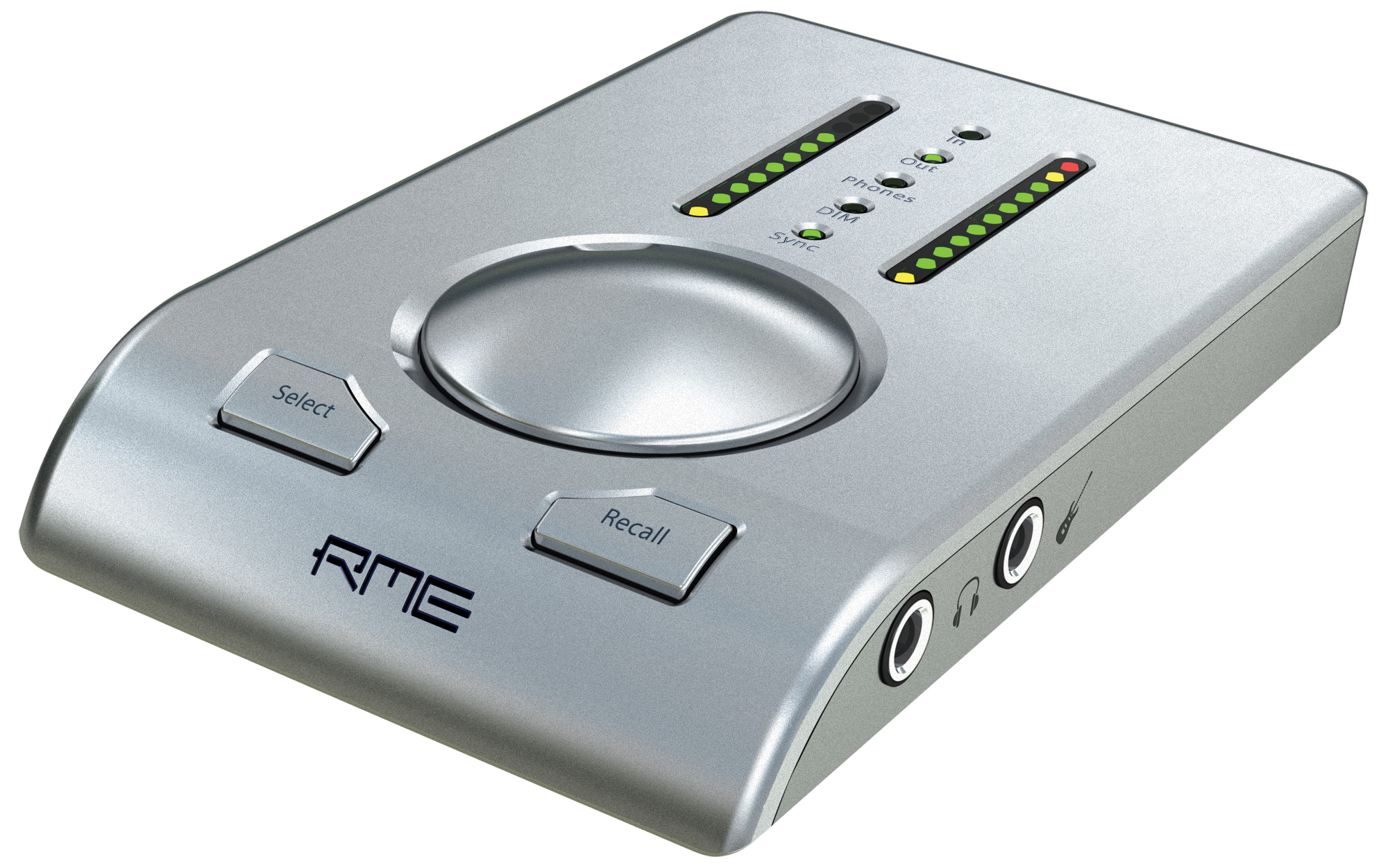For years I’ve used Focusrite Firewire interfaces, first the Saffire Pro 10 IO and after that its successor, the Saffire Pro 40. Both great devices but recently I decided to make the switch to USB. The reason was twofold:
- I was barely using more than 2 ins or outs simultaneously
- Firewire is being phased out and my notebooks don’t have any Express Card slots either, only USB ports
- The Pro 40 isn’t very portable
So when switching to USB I would need:
- Same or better quality preamps and AD/DA convertors
- At least 2 ins and outs
- Portability
- Possibility to achieve similar latencies as with the Pro 40
- Works well with Linux
This narrowed down the choice significantly. I could go for a Focusrite Scarlett but from what I found on the net there were some issues with these devices. I’ve also looked at some Presonus devices but actually I had already set my mind on a different device: the RME Babyface.
So when I found a webshop that offered the Babyface at a reduced price (almost 15% off) I put my Focusrite up for sale and bought the Babyface. The Focusrite was sold within a week and the Babyface easily met my expectations:
- When in CC (Class Compliant) mode it works out of the box
- It’s highly portable, the Babyface is actually specifically made for this purpose as it comes with a nice pouch
- It has 2 ins and outs and the great thing is that it’s possible to extend the IO via ADAT
- The preamps and AD/DA converters are simply top notch, they’re so good that I’m considering switching cans and studio monitors as this device is merciless, it simply doesn’t work well with my current setup
- When connected to an USB3 port (XHCI) the Babyface can run with nominal latencies of 0.5ms (this is with 8 samples), i.e. it beats the other two OS’s mentioned on the RME product page
I can live with not being able to control the device from within Linux, almost all settings can be done on the device itself. Upgrading the firmware can be done with a VM so that’s covered too. The only real drawbacks are that it’s an USB device so it’s a bit more picky with regard to your system setup and it consumes a bit more CPU compared to Firewire. But all in all this is a great sounding device that works well with Linux when in CC mode and it fits my specific user case very well.

